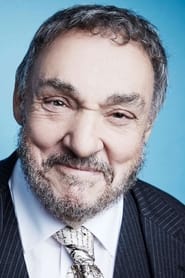
The Search for the Ark of the Covenant(2008)
The fate of the lost Ark of the Covenant is perhaps the greatest historical mystery of all time. With footage from Israel, Egypt, Ethiopia, and England, including an exclusive interview with Graham Hancock, best-selling author of The Sign and the Seal, this DVD reveals startling new information as to the exact location of the ark and photographic evidence that has never before been seen by the world.
Movie: The Search for the Ark of the Covenant
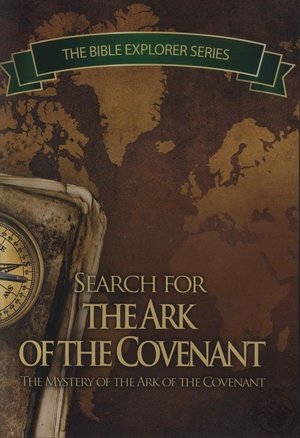
The Search for the Ark of the Covenant
HomePage
Overview
The fate of the lost Ark of the Covenant is perhaps the greatest historical mystery of all time. With footage from Israel, Egypt, Ethiopia, and England, including an exclusive interview with Graham Hancock, best-selling author of The Sign and the Seal, this DVD reveals startling new information as to the exact location of the ark and photographic evidence that has never before been seen by the world.
Release Date
2008-10-27
Average
0
Rating:
0.0 startsTagline
Genres
Languages:
Similar Movies
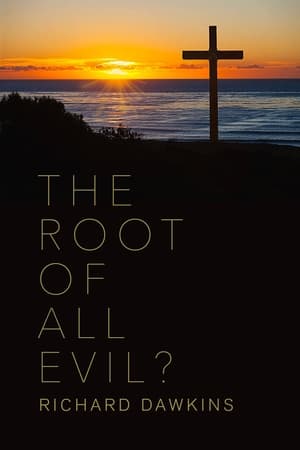 7.3
7.3Root of All Evil?(en)
In this two-part Channel 4 series, Professor Richard Dawkins challenges what he describes as 'a process of non-thinking called faith'. He describes his astonishment that, at the start of the 21st century, religious faith is gaining ground in the face of rational, scientific truth. Science, based on scepticism, investigation and evidence, must continuously test its own concepts and claims. Faith, by definition, defies evidence: it is untested and unshakeable, and is therefore in direct contradiction with science. In addition, though religions preach morality, peace and hope, in fact, says Dawkins, they bring intolerance, violence and destruction. The growth of extreme fundamentalism in so many religions across the world not only endangers humanity but, he argues, is in conflict with the trend over thousands of years of history for humanity to progress to become more enlightened and more tolerant.
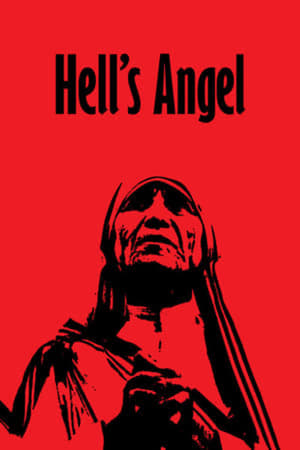 7.1
7.1Hell's Angel(en)
Christopher Hitchens investigates whether Mother Teresa of Calcutta deserves her saintly image. He probes her campaigns against contraception and abortion and her questionable relationships with right-wing political leaders.
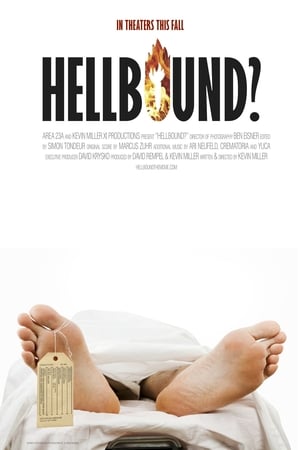 6.5
6.5Hellbound?(en)
Does hell exist? If so, who ends up there, and why? Featuring an eclectic group of authors, theologians, pastors, social commentators and musicians, HELLBOUND? is a provocative, feature-length documentary that looks at why we are so bound to the idea of hell and how our beliefs about hell affect the world we are creating today.
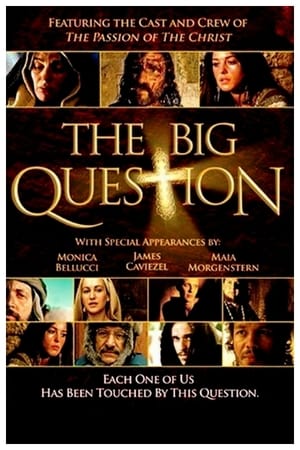 7.1
7.1The Big Question(en)
Although it was shot on the set of director Mel Gibson's controversial epic The Passion of the Christ, this thought-provoking documentary is not about the making of the movie. Rather, filmmakers Francesco Cabras and Alberto Molinari delve into the nature of divinity and spiritual beliefs through revealing interviews with Gibson and members of his cast and crew -- including stars Jim Caviezel and Monica Bellucci.
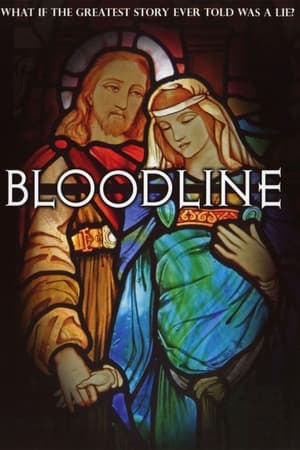 5.6
5.6Bloodline(en)
One man's journey into the world of the so-called 'Bloodline' conspiracy, at the heart of Dan Brown's The Da Vinci Code, where a secret society, the Priory of Sion, claims to have guarded evidence of the marriage of Mary Magdalene and Jesus Christ, their children and their descendants down through the centuries.
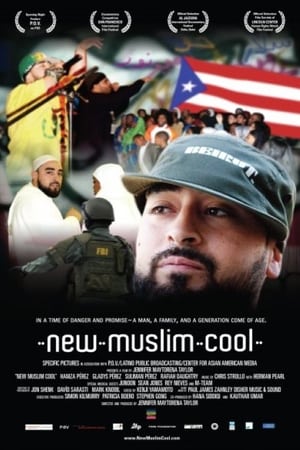 0.0
0.0New Muslim Cool(en)
Puerto Rican American rapper Hamza Pérez ended his life as a drug dealer 12 years ago, and started down a new path as a young Muslim. Now he's moved to Pittsburgh's tough North Side to start a new religious community, rebuild his shattered family, and take his message of faith to other young people through his uncompromising music as part of the hip-hop duo M-Team.
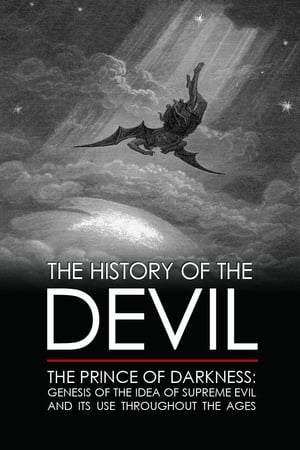 3.8
3.8The History of the Devil(en)
The History of the Devil charts the evolution the idea of a supreme embodiment of evil from the time of the ancient gods to the present day. This critical analysis provides insightful and structured analysis of the origins of Devil and the way in which it has been used over the centuries.
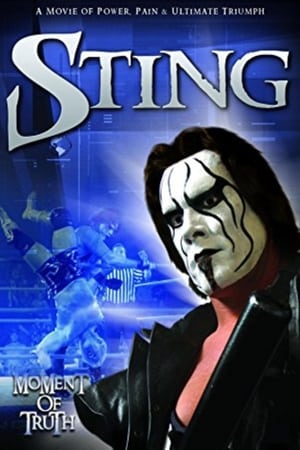 5.1
5.1Sting: Moment of Truth(en)
A biographical film about professional wrestler Steve Borden, otherwise known as Sting.
Ammen(en)
A 2005 és 2011 között készült Ammen című dokumentumfilm egy kis szatmári falu cigány-sorának életébe nyújt betekintést. Az utca lakói egy ameriaki pásztor vezetésével hat évvel ezelőtt "bemerítkeztek" és felvették a baptista vallást. Hozott-e változást életükbe a hit? Segített-e a boldogulásban? Mennyire kitartó, mély az Istenhitük? Miért fontos a karizmatikusság? Lehet-e a vallás közösség-összetartó erő? A film - többek között - ezekre a kérdésekre keresi a választ.
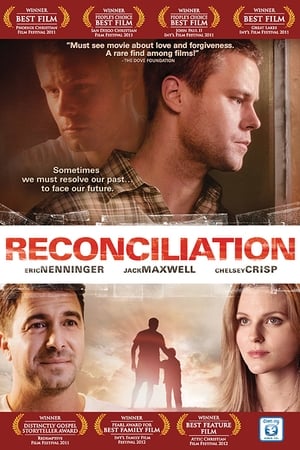 4.4
4.4Reconciliation(en)
RECONCILIATION is a groundbreaking, provocative story about an estranged father and son struggling to overcome the heartbreaking consequences of their past. Grant Taylor (Eric Nenninger) has been troubled by intense childhood memories ever since his wife, Sara (Chelsey Crisp), gave him the exciting news..."You are going to be a dad!" As fatherhood nears, Grant privately wrestles with his embarrassment and anger toward his own father. His memories come to a head when Sara receives a call informing them that Grant's dad, Jeff (Jack Maxwell), is terminally ill and his last wish is to see his son. With Sara's encouragement, Grant reluctantly goes to see the man he disowned at his 10th birthday party, when he found out his father was gay. At the hospice, father and son confront the past as they come face to face for the first time in 16 years. Will Grant forgive his father for abandoning their family...
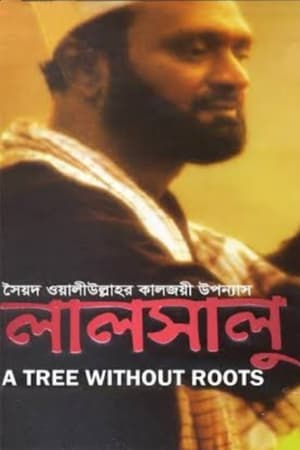 5.9
5.9A Tree Without Roots(bn)
In this tragic-comic study of religious hypocrisy, a disreputable cleric convinces villagers that their community is home to a famous holyman's grave.
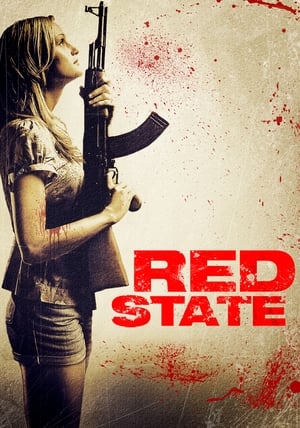 6.0
6.0Red State(en)
Set in Middle America, a group of teens receive an online invitation for sex, though they soon encounter Christian fundamentalists with a much more sinister agenda.
In God We Teach(en)
“In God We Teach” is the story of Matthew LaClair, a student at Kearny (NJ) public high school who secretly recorded his history teacher, David Paszkiewicz in class, and accused him of proselytizing for Jesus.
 6.5
6.5Stella Days(en)
A priest stationed in Tipperary, Ireland, is eager to return to Rome. Told he cannot do so until he has raised enough money for the building of a new church, he decides to open a cinema in the local town.
 7.1
7.1Nanook of the North(en)
This pioneering documentary film depicts the lives of the indigenous Inuit people of Canada's northern Quebec region. Although the production contains some fictional elements, it vividly shows how its resourceful subjects survive in such a harsh climate, revealing how they construct their igloo homes and find food by hunting and fishing. The film also captures the beautiful, if unforgiving, frozen landscape of the Great White North, far removed from conventional civilization.
 6.9
6.9Olympia: Part One – Festival of the Nations(de)
Commissioned to make a propaganda film about the 1936 Olympic Games in Germany, director Leni Riefenstahl created a celebration of the human form. This first half of her two-part film opens with a renowned introduction that compares modern Olympians to classical Greek heroes, then goes on to provide thrilling in-the-moment coverage of some of the games' most celebrated moments, including African-American athlete Jesse Owens winning a then-unprecedented four gold medals.
 6.7
6.7Olympia: Part Two – Festival of Beauty(de)
Commissioned to make a propaganda film about the 1936 Olympic Games in Germany, director Leni Riefenstahl created a celebration of the human form. Where the two-part epic's first half, Festival of the Nations, focused on the international aspects of the 1936 Olympic Games held in Berlin, part two, The Festival of Beauty, concentrates on individual athletes such as equestrians, gymnasts, and swimmers, climaxing with American Glenn Morris' performance in the decathalon and the games' majestic closing ceremonies.
 6.7
6.7Workers Leaving the Lumière Factory(fr)
Working men and women leave through the main gate of the Lumière factory in Lyon, France. Filmed on 22 March 1895, it is often referred to as the first real motion picture ever made, although Louis Le Prince's 1888 Roundhay Garden Scene pre-dated it by seven years. Three separate versions of this film exist, which differ from one another in numerous ways. The first version features a carriage drawn by one horse, while in the second version the carriage is drawn by two horses, and there is no carriage at all in the third version. The clothing style is also different between the three versions, demonstrating the different seasons in which each was filmed. This film was made in the 35 mm format with an aspect ratio of 1.33:1, and at a speed of 16 frames per second. At that rate, the 17 meters of film length provided a duration of 46 seconds, holding a total of 800 frames.
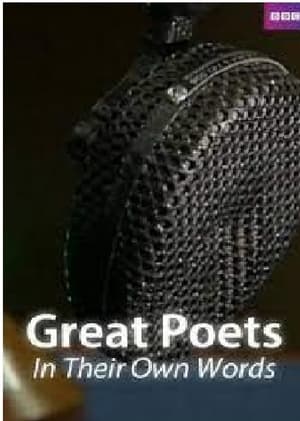 0.0
0.0Great Poets: In Their Own Words(en)
A journey into the BBC archives unearthing glorious performances and candid interviews from some of Britain's greatest poets.
